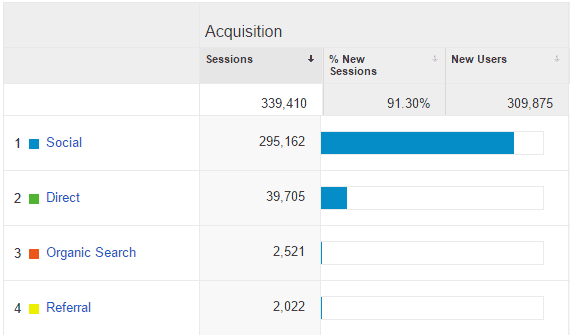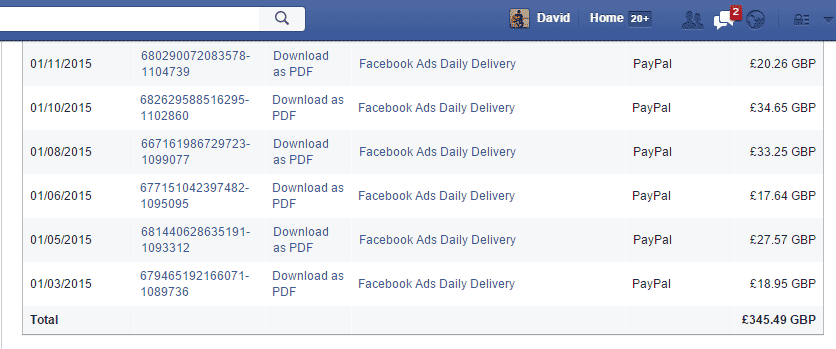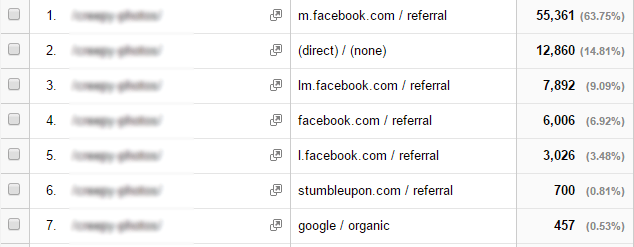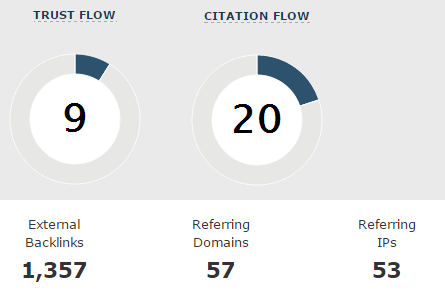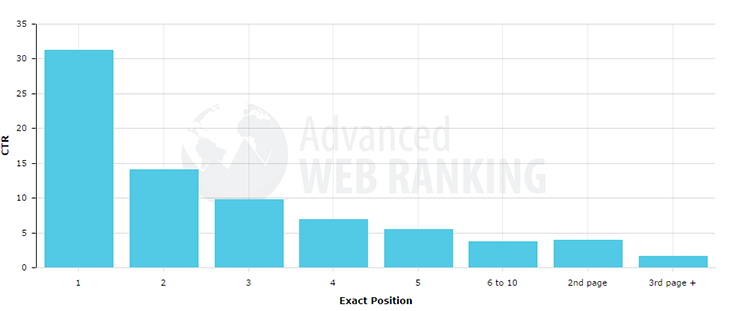Today’s internet is incredibly fast moving.
In my many years as an internet marketer I have observed (and been party to) the quickening pace, but things really seem to have accelerated over the past year. I am seeing lots of new sites popping up and achieving rapid growth, generating eye watering amounts of traffic in very short periods of time.
And this rapid early growth is not fueled by SEO – at least not in the traditional sense.
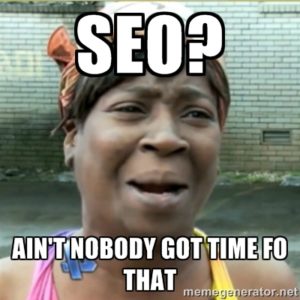 If google originally envisioned a truly democratic web, where the best content and ideas would be ‘voted’ to the top by the internet hive mind, then it can now be said that we are living in the Internet’s golden age of democracy.
If google originally envisioned a truly democratic web, where the best content and ideas would be ‘voted’ to the top by the internet hive mind, then it can now be said that we are living in the Internet’s golden age of democracy.
But the fuel for this golden age is not links as google originally envisaged, nor does google hold a majority in this socially democratic web.
If google continues to govern, then it now governs in a rainbow coalition with the blues, reds and oranges of the social web, and indeed relies on its myriad partners to dictate much of its policy.
Let me be clear however, that this does not in any way mean that google has failed.
What does google want?
Since day one, google has been very clear in its aims – it wants to rank popular content.
While the exact method google uses to determine this popularity may have changed over the years, the ultimate goal has remained the same – and it is perhaps only now that it is finally in a position to fully achieve that goal.
That being said, it is understandable that many startups are choosing to focus their attentions (and budgets) on social media. Growth through SEO can seem painfully slow when compared to the rocket boosted potential of social media.
As a personal example, I launched a new site at the end of November 2014 (specifically the 23rd), and in January of 2015 the site received just under 250,000 visitors.
Needless to say, the overwhelming majority of this traffic was from social media.
For transparency, I did put some budget into facebook ads. As you will see below my total spend in January 2015 was £345.49.
For what (at the time) was a small site (certainly under 100 pages) it is clear that this level of traffic would not have been achievable in the same timeframe with traditional SEO.
Now here is the interesting part:
The bulk of the traffic in January 2015 was to 2 or 3 posts, which to some extent went ‘viral’ (although admittedly not at buzzfeed/viralnova scale). Looking at one post specifically, watch how the percentage of organic search traffic rises month by month.
December (the month the post went live)
Understandably, we see very little search traffic. The few visits are probably the result of people pasting the URL into a google search.
January 2015
We see a small amount of search traffic for the page start to come in (although google moves to position 7)
February 2015
A doubling of organic traffic and google moves to position 5.
March 2015
Big jump. Google becomes the second biggest referer to the page, bringing in just under 4,000 visitors.
April 2015
The upward trend continues and in April google refers over 5,000 visitors to the page.
At the time of writing (22nd May), google has so far referred 4,732 visitors to the page in May. Assuming the trend continues (average of 215 per day), by the end of the month the page should have received between 6,000 and 7,000 organic visitors from google.
So why is the page ranking?
Well, to start with, it might be easier to look at what we can discount.
Textual content?
Conventional wisdom tells us that pages with more text tend to rank higher. I would generally subscribe to this, after all: –
More text to index = more opportunity to rank for long tail keywords
However, this page has under 300 words of text. So, let’s put a line through that.
Textual content
Links to the page?
Has the page been steadily accumulating organic links over the period?
Not according to majestic.
From these links the page has accumulated a trust flow of 0 and a citation flow of 13.
I will caveat the above by saying I believe there may be a few more links than that, but I do mean a few.
Links to the page
Domain authority?
Is the organic traffic increasing due to an improving domain authority for the site?
Again, I doubt it. The stats are hardly anything to write home about, although it should be stated that these are all completely organic links (I have done no outreach/link building).
Domain authority
Sandbox effect?
Ok, this one is a bit of an unknown. It could certainly be that there is an element of rankings improving as the domain ages (and the impact of any ‘sandbox’ effect begins to lessen).
If that were the case however I would expect to see rankings improving at a similar level across the site, particularly for the longer form content (there are several articles over 5,000 words long).
While there is a steady increase in organic traffic overall, it is not at anywhere near the level that this page is growing.
As I can’t completely discount it however, we’ll put a question mark beside it.
Sandbox effect?
Note: I should also state at this point, that this page isn’t targeting what I would class as a high volume keyword or anything like that (but it does have a lot of competition, including some very well know/entrenched sites). From looking at webmaster tools data, it appears to be ranking across the board for a whole range of related phrases, which are cumulatively bringing in decent numbers. Another point of interest is that the actual word that is bringing in the most traffic (across a number of phrases) is not even mentioned anywhere on the page (either in the title or the body content).
Ok, so let’s now look at why the page might be ranking…
Social signals
Google have told us directly that social signals don’t affect rankings. But let’s put on our agnostic hats for a moment…
This is what buzzsumo tells us about the page: –
Setting aside the fact that linkedin clearly hates the post (that’s the sound of me not caring), the actual figures from facebook (direct from their api) are actually higher: –
Facebook shares: 6,296
Facebook likes: 10,311
Comments: 2,558
That’s a lot of activity/buzz. I’ll let you form your own opinion on whether that has influenced rankings.
Click-through rate
I am definitely a subscriber to the theory that google uses click-through rate as a ranking signal, and that if a site is not receiving a decent percentage of click-throughs relative to it’s position in a SERP, it will be demoted. Conversely results with high click-through rates are likely to see their rankings improve. It just makes sense.
I pulled the impressions/click-through data for the page from webmaster tools into a spreadsheet and calculated the average click-through rates. The results were as follows: –
Positions 1 – 1.5: CTR of 31%
Positions 1.6 – 2.5: CTR of 20%
Positions 2.6 – 3.5: CTR of 14%
Positions 3.6 – 4.5: CTR of 11%
Positions 4.6 – 5.5: CTR of 7%
This data from Advanced Web Ranking (taken from ‘A New Click Through Rate Study For Google Organic Results’ marketingland) shows that this is broadly in line with what we should be expecting to see for position 1, and above average for positions 2-5.
From this data it could be proposed that click-through rate may have had a positive effect on rankings. Certainly I would not have expected it to have any negative effect.
Type in URL traffic and branded searches
Going back to our monthly stats and my theory that the initial organic traffic would have been people pasting the URL into google, this is where we could be looking at a very strong ranking signal.
A mixture here of the following: –
- People copying and pasting the URL into google
- People going back to the article at a later date and searching for something specific (i.e. website name + name of article)
- People telling their friends, who then go on to type in a specific or branded search
Get lots of this over a period and what is google going to think?
This is popular (and not artificially so). I should show it to more people.
Fulfilling the search intent
People get hung up on bounce rate, which is correct (you want people to stay on your site & fulfill a goal), but for the wrong reasons.
This page actually has quite a high bounce rate in google analytics of around 73% (I’m working on getting it down!).
But that’s not the type of bounce that will affect an individual pages rankings (generally). The type of bounce you should really be worried about is when someone visits your page, then clicks back and clicks the next result in the SERP. That’s telling google that your page did not satisfy the query.
I suspect that this page does satisfy user intent (the social shares etc would be testament to that) and that most visitors would not go back the search results and click on the next listing.
So…
Popular content + branded/specific searches for the content = higher search visibility for the content + solid click-through + satisfy user intent = SEO magic beans!

Maybe…
So where am I going with all this…?
Well, it really boils down to one thing.
It’s getting harder and harder to fake the popularity signals required to rank in google.
I’m not saying link building is dead, far from it, but everything you do should start with creating the best possible user experience you can, and putting out content (be that text, videos, photographs, or screaming goat gifs) that your visitors will naturally want to share.
I know it’s boring. But it’s true.
When you combine the above with a solid, outreach based link building campaign (or PR campaign, whatever you want to call it), then that’s when the magic happens. No beans required.
SEO? Everybody’ got time fo’ that!
SEO today does not work in splendid isolation – it’s part of the whole: user experience, content creation, driving traffic (through various channels) and content amplification.
I read a guest post on Matthew Woodward’s blog last week that was all about faking using metrics. I get it, and it’s not unexpected, but it was a depressing read and had me seeking out the nearest wall to bang my head against.
A good SEO does not have to fake anything.
A good SEO knows how to create a great user experience, and content that will resonate with the site’s target audience.
They know how to ensure that that same content will fulfill search intent, and they know how to tweak how a page is displayed in a search result to maximise click-throughs.
Far from being something you ‘don’t have time fo’, SEO should be part of your strategy from day 1. But if your SEO is only interested in creating something that’s artificial with cheap links and fake metrics, then it’s time to find a new SEO.

